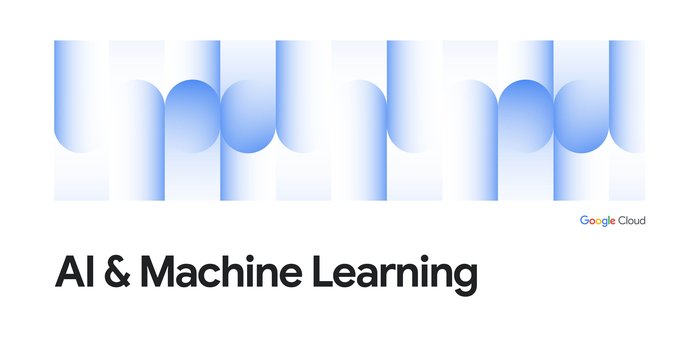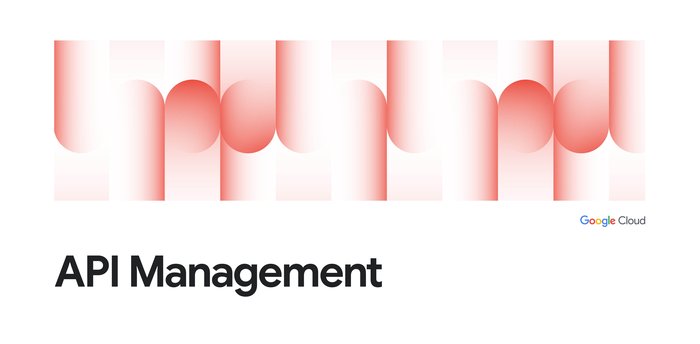Emaar: Improving customer engagement across industries with APIs
Binoo Joseph
CIO, Emaar
Venkadesh Sivalingam
Integration Architect, Emaar
Editor's note: Today’s post comes from Binoo Joseph, CIO, and Venkadesh Sivalingam, integration architect at Emaar. Based in Dubai, Emaar is a real-estate development company operating across a number of verticals, including properties, shopping malls, hospitality, and entertainment. Learn how Emaar develops new customer experiences using APIs.
Emaar is known worldwide for our luxurious properties and communities. Our most well-known property is likely the Burj Khalifa, which is the tallest structure in the world at 829 meters. But we’re also involved in many other businesses, including hotels, leisure clubs, shopping malls, events, and entertainment.
One thing that ties our businesses together is our commitment to innovation and delivering excellent customer experiences. Traditionally that’s meant creating a variety of front-end applications powered by middleware for our customers to interact with. This might be a web portal where property owners pay service fees, a booking site for restaurant or hotel reservations, or a mobile app guiding visitors around Dubai Mall. Every business had their own workflows for creating and managing the APIs needed to run these customer experiences, but we wanted to enable greater access to information and services for customers such as tenants, property owners, customers, and partners.
We realized in order to innovate faster, we needed to pool resources and share microservices across teams. That meant having a single way of developing, deploying, and securing APIs across all verticals. With that goal, we looked for an API management solution that could bring us security and speed in a flexible hybrid architecture.
Apigee checked all the right boxes. Combined with the great support that we got from the local Apigee team, we knew Apigee was the ideal solution for us.
Creating APIs in a standard environment
Apigee is helping us transform how we work with APIs. We now have a consistent structure for designing and securing APIs, and that consistency enables us to be much more secure in the way we connect with data and deploy them. Our developers focus on microservices, and Apigee gives us full visibility into work across development groups. Teams can share and reuse APIs rather than rebuilding them for every new customer experience, so we can push them out faster for our customers.
In just a few months after going live, we exposed around 250 APIs through Apigee. Some APIs connect enterprise and internal systems, but many connect with external customers.
Bringing key information to customers
One of the biggest ways we currently use APIs is to connect with customers. Our flagship property app lets property owners manage their properties from anywhere. They can view service requests, pay service fees, and stay up to date with any information from Emaar. With Apigee, we can continue to add new app functionality to keep owners connected and offer more self-service options.
We’re also starting to connect our shopping mall tenants with our new APIs. Our flagship shopping center, Dubai Mall, is the world’s largest retail destination with more than 1,300 shopping, dining, and entertainment options, including a cinema, ice rink, and aquarium. We connect with mall visitors through the Dubai Mall app. But to provide customers with the most up-to-date information, we need to communicate with our tenants. Tenants keep us updated about events, traffic, and sales, and we can use that information to push shoppers towards deals.
The developer portal plays a role in helping tenants start taking advantage of our APIs quickly, as it’s easy to use and centralizes API documentation. In the short time since we started working with mall tenants, we’ve already onboarded 60 retailers. The speed of integration is also about five to six times faster than it was before we employed the developer portal, making us confident many more retailers will come onboard in the coming months.
Looking to future experiences with APIs
With Apigee, we not only have the tools that we need to quickly deploy and secure APIs, but eventually to monetize them. One potential way to do so would be to provide our APIs to aggregator apps and services, which are popular in many of the verticals that we operate in—hotel bookings, restaurant reservations, and tickets to events and attractions. It’s good to know that when we’re ready to monetize, the technology is there for us.
Apigee is also opening the doors for us to explore new lines of business. We look forward to seeing how we can use APIs to give our customers engaging and beneficial experiences in the future.



